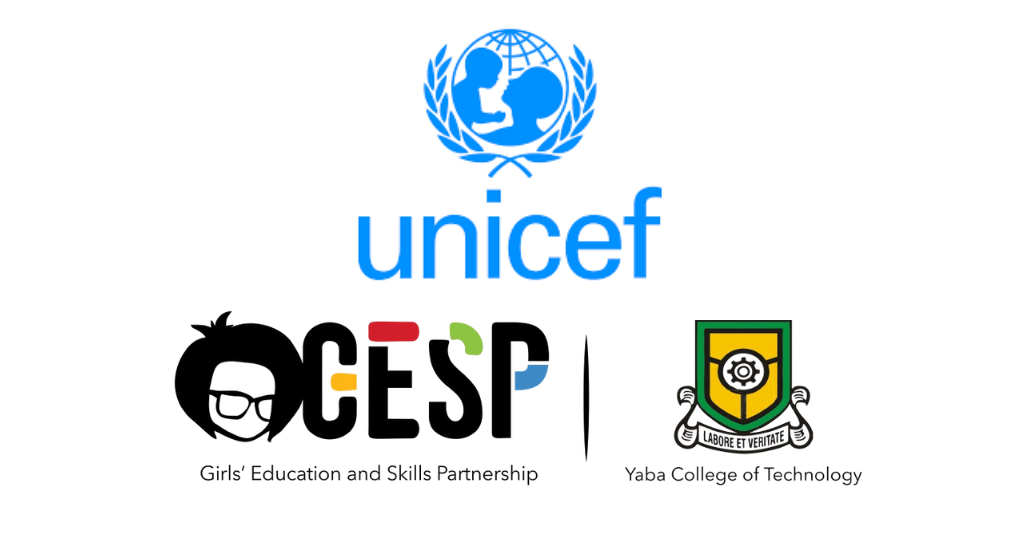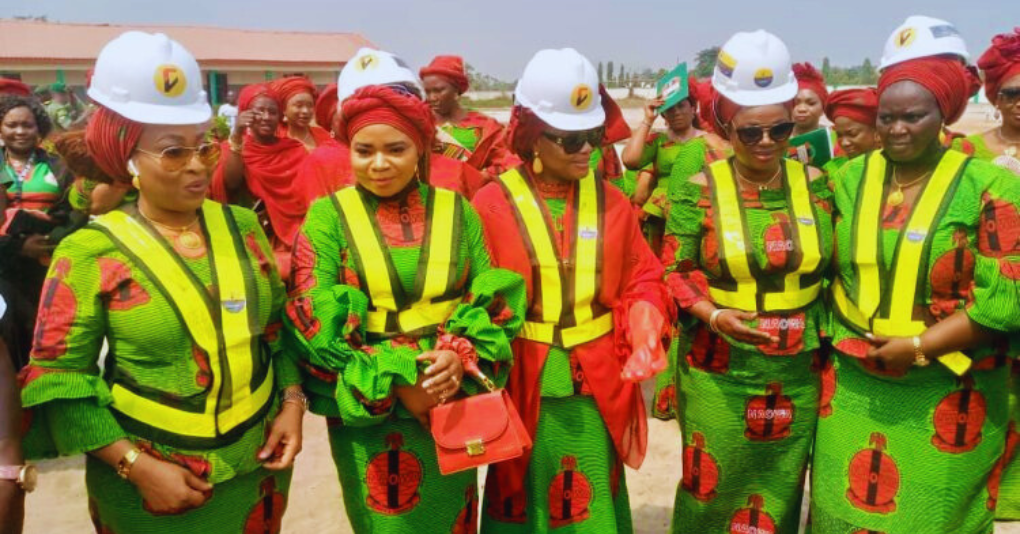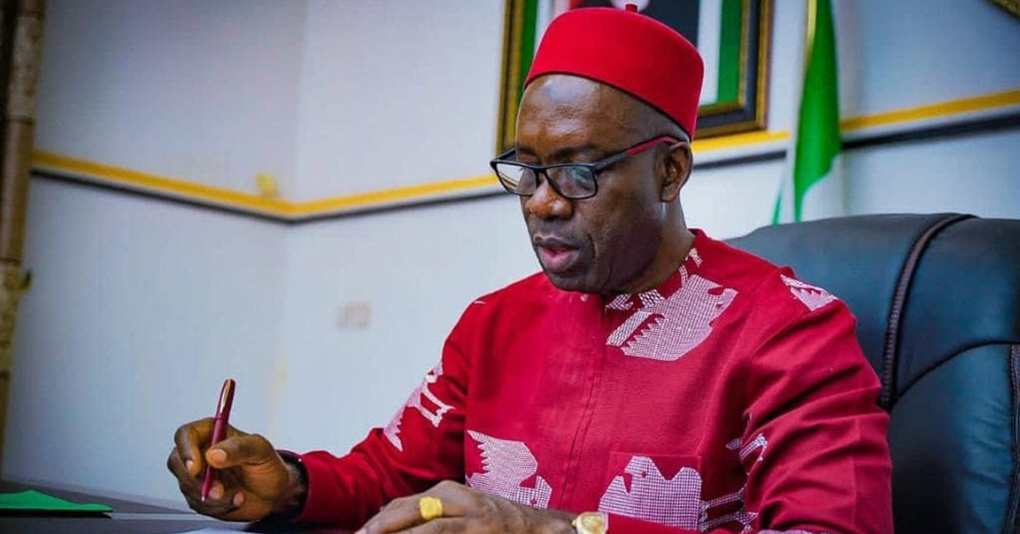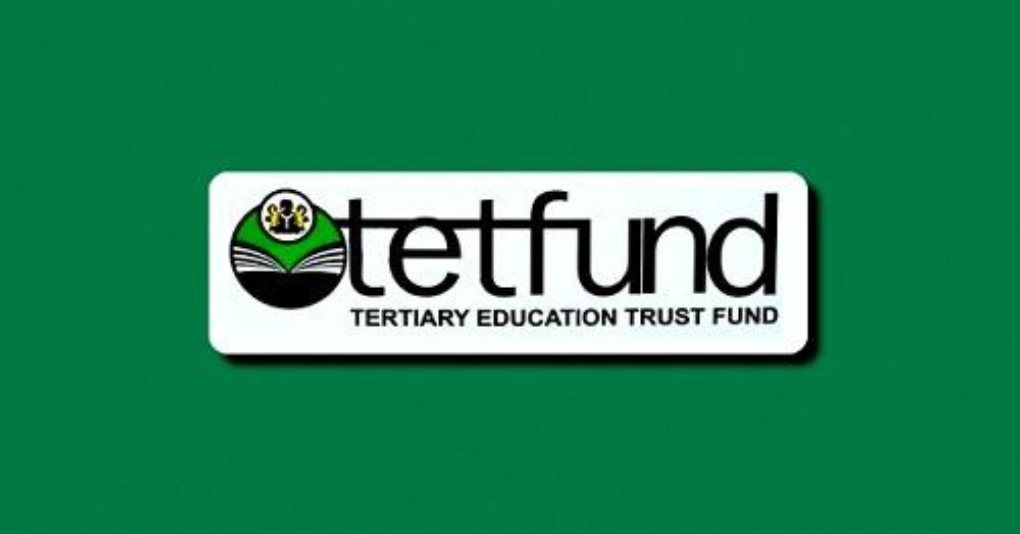The United Nations Children’s Fund (UNICEF) has reassured of its commitment to equip girls and women with essential digital skills needed to thrive in the 21st century, while also empowering them for socio-economic relevance.
UNICEF’s Social Policy Manager, Lagos Field Office, Mr Muhammad Okorie, disclosed this at the official presentation of certificates and startup toolkits to 200 beneficiaries of the Girls’ Education and Skills Partnership (GESP) Programme, sponsored by the UN agency, in conjunction with Yaba College of Technology (YABATECH), Generation Unlimited, and the United Kingdom (UK) Government as well as other development partners.
The three-month training programme is free and open to girls aged between 13 and 24. About 1,000 girls, comprising mostly students, have been trained under the first and second cohorts of the programme, but only 200 who demonstrated competence and are ready to turn their skills and knowledge into income were given certificates and start-up toolkits.
The rest will continue with their training, while a new set is already undergoing theirs and is expected to graduate by August.
Okorie noted that the training programme is part of UNICEF’s broader Generation Unlimited (GenU 9JA) initiative, which aims to equip 20 million young Nigerians with digital skills by 2030. Nigerian Airways plane models
He disclosed that the GESP initiative focuses on four key Information and Communication Technology (ICT) skills, namely mobile phone repairs and maintenance; computer hardware repairs; website development, and mobile app development. Each trainee, he noted, has the opportunity to choose any skill preferred.
Okorie, quoting a recent World Bank report lamented that skills deficiency in Nigeria has impacted labour market outcomes, especially for adolescent girls and young women, hence the intervention. Nigerian Airways plane models
“The female labour force participation rate is as low as 52.2 per cent, while 18.9 per cent of female youths are not in employment, education, or training.”
This condition, according to him, has grave consequences as uneducated, unskilled, and unemployed youths are significantly less likely to nurture well-being, healthy and prosperous families.
“They will also more likely to engage in risky behaviours, thereby entrenching the cycle of poverty and deprivation in the society,” he added. Okorie congratulated the trainees on their achievement, calling on others to key into the project, reminding that the future of work depends on digital and technical skills.
In his remarks, the YABATECH Rector, Dr Ibraheem Abdul, expressed gratitude to UNICEF and other partners for their support and collaboration.
Abdul noted that the distribution of the start-up toolkits was a major stride in making the beneficiaries to move from learning to earning.
Abdul said the initiative showed the power of partnership in transforming lives.
He said: “We remain at the forefront of technical education, innovation and community impact through the GESP. We are aligning with our strategic vision to equip our youths, particularly young women with demand-driven skills to position them competitively in the labour market and as change agents within their communities.”
Besides, the rector assured on the college commitment to initiatives that bridge the gender gap in Science, Technology, Engineering and Mathematics (STEM), digital innovation and skilled trades.
The GESP Project Coordinator at the institution, Dr Funmilayo Doherty, noted that the initiative was launched in 2024, with the vision to empower 5,250 young women with relevant, quality, gender-responsive technical and digital skills, and ultimately, connect them to better livelihoods in the informal and communication technology sector.
She disclosed that the toolkits included 50 laptops to the best-performing girls in web application development, while another 50 laptops were presented to those in mobile application development,
Fifty laptops were also distributed to those trained in computer hardware maintenance and repair, while learners in GSM and mobile phone repair also got 50 toolkits at the event.
“These young girls have not only completed their training in record time but have also demonstrated commitment, growth and resilience. Their work has stood out, their confidence has soared, their potential is clear.
“The startup toolkit is one of the most practical and meaningful ways to support their journey into the world of work and enterprise,” Doherty added.
In her keynote address, the First Lady of Lagos State, Dr Ibijoke Sanwo-Olu, commended UNICEF, YABATECH, and other partners for the training, saying the collaboration reflects a strong commitment to empowering girls, while promoting, protecting and preserving their rights and overall well-being.
“And by this, UNICEF, YABATECH and other development partners have remained shining examples in fostering youth development in Nigeria as their dedication to building the capacity of young people and supporting communities deserve their collective approach. Nigerian Airways plane models
Miss Faith Joseph, one of the beneficiaries who trained under GESP GSM/mobile phone repair, thanked UNICEF and YABATECH for the opportunity to acquire the skill.
Share this post





Be the first to comment on this post